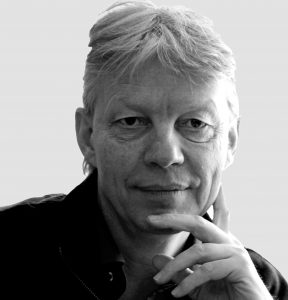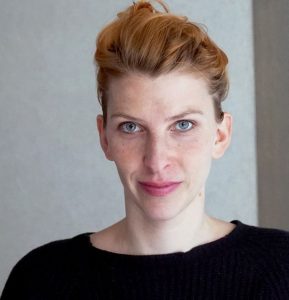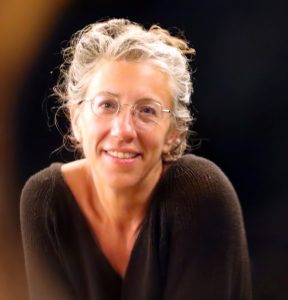
A specialist in international project development, trailer consultancy, co-productions, workshop planning & tutoring. Scriptwriting at the Danish Film School (1988), worked for more than 50 documentary organisations & events all over the world. Head of Studies at European Documentary Network, EDN (2011-19). Worked for IDFA (Netherlands), Hot Docs (Canada), Nordisk Panorama (Denmark/Sweden), Institute of Documentary Film (Czech Republic), Baltic Sea Docs (Latvia), Docs Barcelona (Spain), In Docs (Indonesia), Dox Box (Syria) a.o. Producer and co-owner of Final Cut Productions in Copenhagen, Denmark (2002-09). He served as a Documentary Producer at The Danish Film Institute (1998-2002). Author of the book’ The Uncertainty – A book about developing Character driven documentary’ (2021).
__
ZDOK.25 contribution:
> What Are We Looking For?

